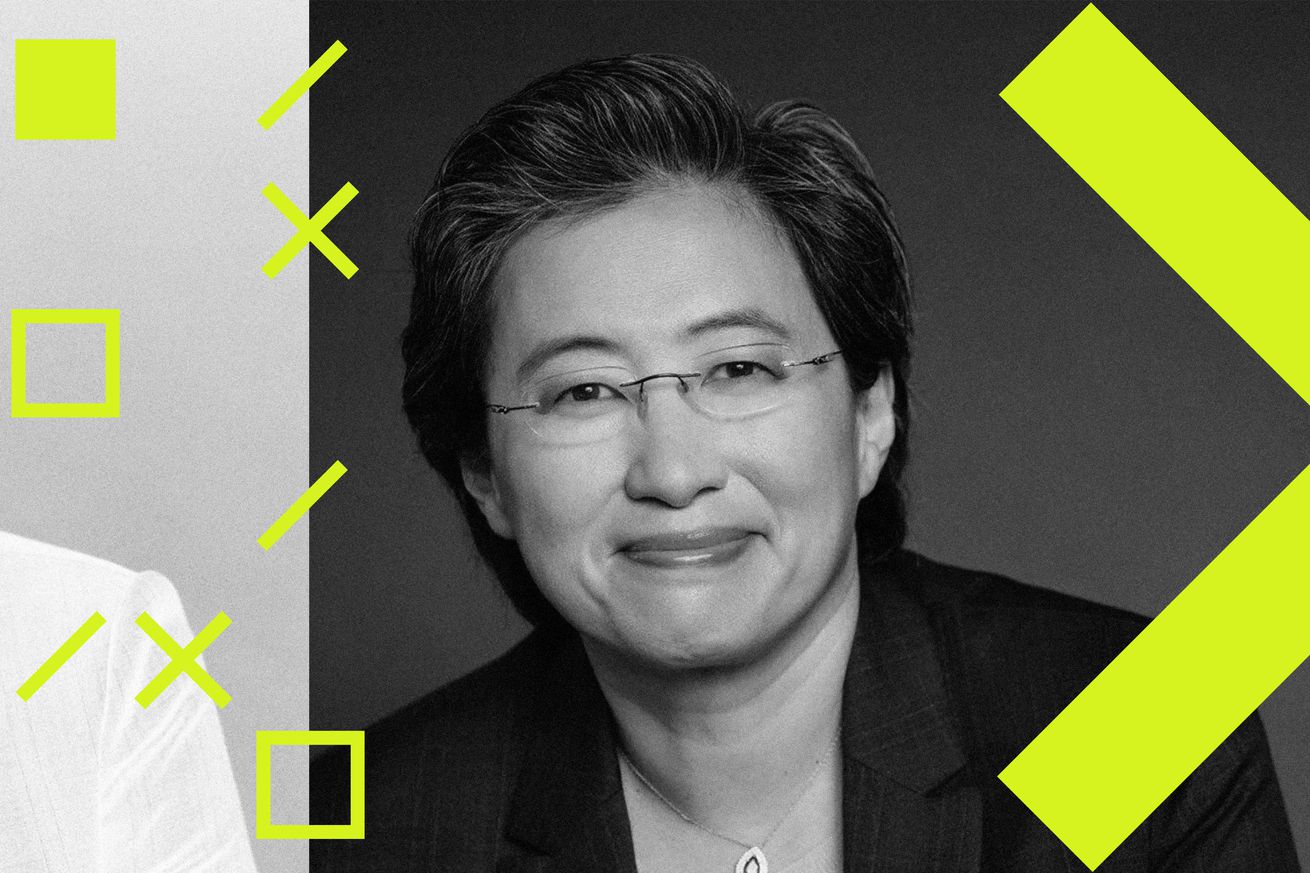Intel CEO Talks Competition, AI Regulation, and Global Supply Chain at Code Conference
At this year’s Code Conference, Bob Swan, the CEO of Intel, one of the world’s largest computer chip companies, appeared as a speaker. During the conference, Swan discussed various topics, including the company’s competition with Nvidia, the need for AI regulation, and the challenges faced by the global supply chain.
Competition with Nvidia
One of the key areas of discussion was Intel’s competition with Nvidia in the GPU (Graphics Processing Unit) market. Swan acknowledged that Nvidia currently leads the market with its powerful GPUs, but he also noted that Intel is working on its own discrete GPU solutions. Intel has been investing heavily in programable GPUs and has a roadmap to release its GPUs in the coming years. Swan expressed confidence in Intel’s ability to compete by offering differentiated solutions that cater to specific market needs.
While discussing the competition between Intel and Nvidia, Swan emphasized the importance of open platforms and standardization. He believes that the industry will benefit from interoperability and compatibility between different platforms, which will enable developers to create software that runs seamlessly on multiple hardware platforms.
Need for AI Regulation
Another significant topic Swan touched upon was the need for AI regulation. He stated that while AI has the potential to bring about tremendous benefits, it also poses risks that need to be mitigated. Swan argued that as AI is becoming more pervasive and powerful, it is crucial to establish regulatory frameworks that ensure responsible development and deployment of AI technologies.
Swan mentioned that Intel believes algorithms should be transparent, explainable, and unbiased. He called for regulations that promote ethical AI practices and prevent malicious use of the technology. Swan also emphasized the need for collaboration among governments, businesses, and academia to create effective regulations that balance innovation and accountability.
Challenges in the Global Supply Chain
The global supply chain has faced numerous challenges in recent years, including trade tensions between countries, disruptions caused by the COVID-19 pandemic, and shortages of critical components. Swan addressed these challenges and discussed Intel’s approach to managing the global supply chain.
Intel has been investing in expanding its manufacturing capabilities and reducing dependencies on external suppliers. Swan mentioned that Intel has made significant progress in increasing its in-house manufacturing, which enhances its control over the supply chain and reduces vulnerability to disruptions.
Additionally, Swan highlighted the need for diversification in the supply chain and reducing reliance on a single region or country. Intel is actively working on diversifying its supplier base to ensure it can meet demand even in the face of geopolitical uncertainties or unexpected events.
Conclusion: Competition, Regulation, and Supply Chain
Bob Swan’s appearance at the Code Conference shed light on some of the key areas of focus for Intel. The competition with Nvidia in the GPU market is a significant challenge, but Intel is determined to provide unique solutions that cater to specific market needs. The call for AI regulation reflects Intel’s commitment to responsible and ethical development of AI technologies.
Furthermore, the discussion on the global supply chain highlighted the importance of diversification and reducing dependencies to ensure resilience in the face of disruptions. Overall, Swan’s insights give a glimpse into Intel’s strategy to navigate the competitive landscape, shape responsible AI practices, and strengthen its supply chain capabilities.
Hot take: While Intel faces tough competition from Nvidia in the GPU market, its focus




